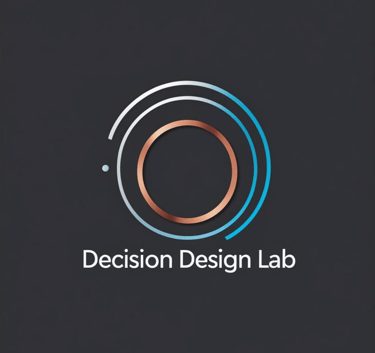The Delegation Dilemma - Control Vs Trust


Juggling endless tasks, working late, yet still feeling behind?
Most leaders face burnout due to ineffective delegation. Despite knowing delegation is key, many leaders struggle to let go. Why?
Because delegation is not just about handing off tasks, it’s a battle between control and trust.”
Leaders know they should delegate, but fear, are perfectionist, or structural barriers hold them back. The result is bottlenecks in decision making, burnout, and missed opportunities.
But its important to know that delegation is not about losing control, but about multiplying the impact?
In this article I will explore the psychology, frameworks, and tools to help us master the art of delegation and thus lead smarter.
What is Delegation Dilemma
"The Delegation Dilemma is the tension between control and trust-leaders know they should delegate, but fear, perfectionism, and structural barriers hold them back.
Delegation isn’t just about offloading tasks; it’s about strategic empowerment.
When done right it,
-Frees up time for high-impact decisions
-Develops team’s skills and confidence
-And mostly drives organisational agility and innovation
Let us try to understand the psychological and structural barriers
Why Leaders Struggle to Delegate
Even the most seasoned leaders can have an hesitate to delegate
a. Fear of Losing Control
The Illusion of Control, leaders overestimate their ability to influence outcomes, believing, “If I don’t do it, it won’t be done right.”
b. Perfectionism
The belief that “no one can do it as well as I can” creates bottlenecks.
c. Lack of Trust in Team Capabilities
Past delegation failures can make leaders hesitant to try again.
When delegation fails, it’s not just the leader who suffers, its the organisations that experience decision bottlenecks, burnout, and disengagement.
Cost of Not Delegating
1. Decision Bottlenecks
When leaders insist on reviewing every decision, teams slow down.
For example: Elon Musk’s initial micromanagement at Tesla led to production delays, illustrating how decision bottlenecks can slow progress.”
2. Decision Fatigue & Burnout
Cognitive overload leads to poorer decisions over time. I have in my previous article have written in detail about decision fatigue.
3. Talent drain & Team disengagement
Employees who feel undervalued or micromanaged are more likely to disengage or leave.
Frameworks for Effective Delegation
Here are few frameworks I could search and research to help leaders to delegate better
Amazon’s Type 1 vs. Type 2 Decisions
Type 1 (One-way Door): Irreversible, high-stakes decisions (e.g., mergers, major investments). These require top-level oversight.
Type 2 (Two-way Door): Reversible, low-risk decisions (e.g., marketing campaigns, minor process changes). Delegate these to your team.
Takeaway: Leaders often misclassify Type 2 decisions as Type 1, creating unnecessary bottlenecks.
Eisenhower Matrix (Urgent vs. Important Tasks)
-Urgent & Important: Handle personally.
-Urgent & Not Important: Delegate.
-Not Urgent & Important: Plan for later.
-Not Urgent & Not Important: Eliminate.
The 70% Rule
If someone can do a task 70% as well as you, delegate it.
Why: Small mistakes are fixable, but growth happens only when responsibility is shared.
Cultural Shift
Delegation isn’t just a skill, it’s an organisational culture shift.
How to build a culture of effective delegation?
Trust as a Foundation: Leaders must signal confidence in their teams.
Feedback Loops: Replace annual reviews with real-time feedback.
Mistake Tolerance: Normalise learning from failure instead of punishing it.
Leverage Technology - AI tools and project management platforms streamline delegation.
How to Start
Start small, the 1-3-5 experiment Delegate 1 task this week, 3 next month, 5 by quarter-end.
Delegate to Develop Team junior members with mentors for high-stakes projects to maintain balance
Allow younger employees to lead digital transformation initiatives.
Delegation isn’t always the answer. As an advice scenario where to avoid it,
Crisis Management Centralized leadership is key during emergencies.
Strategic Vision Decisions The company’s long-term direction should remain a leadership priority.
Great leaders are like symphony conductors, they don’t play every instrument, but they ensure harmony.
Delegation isn’t about giving up control; it’s about empowering others to create something greater than you could alone.
"Would you remain the single player, or will you create a team that plays in harmony?"


